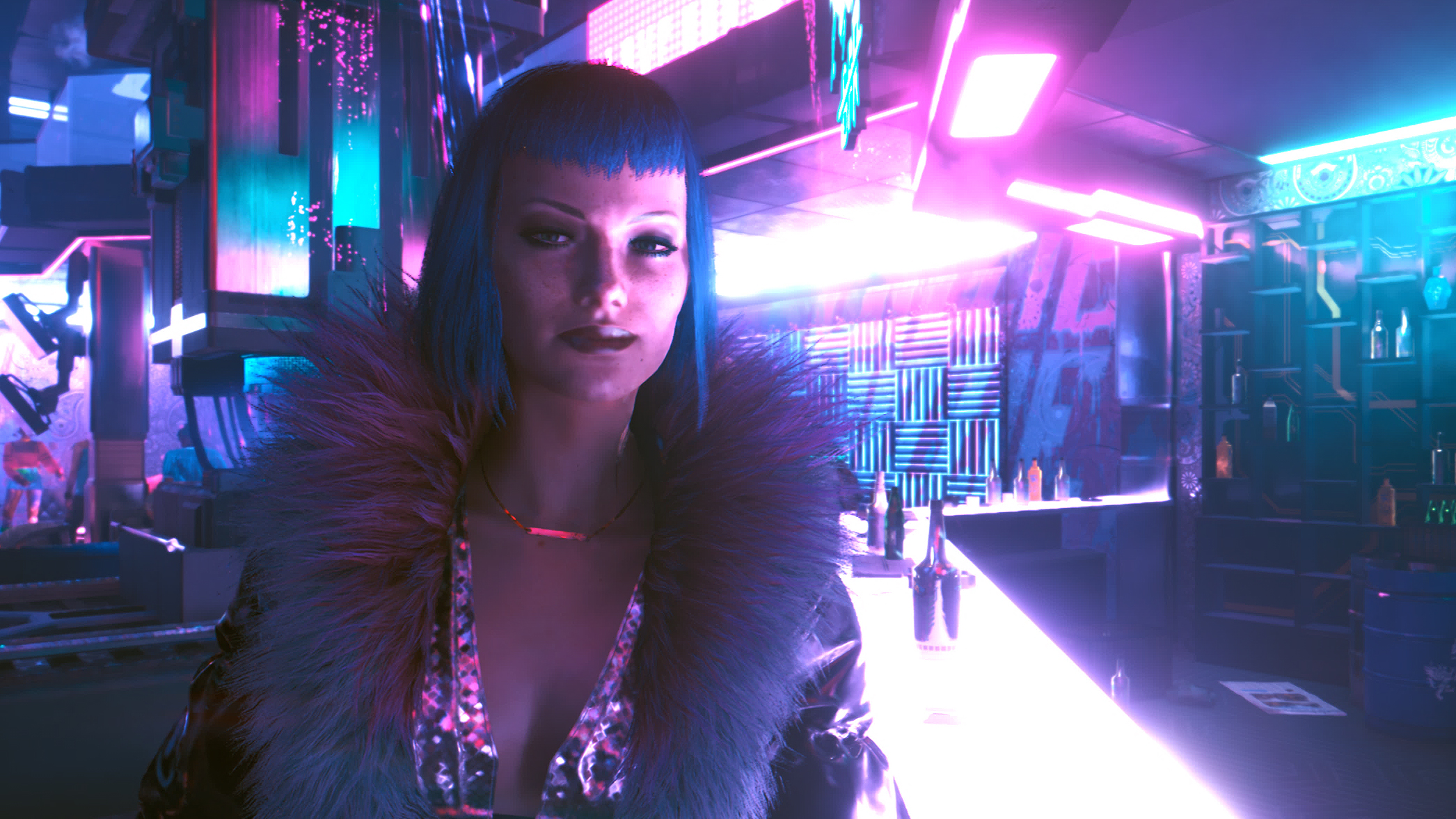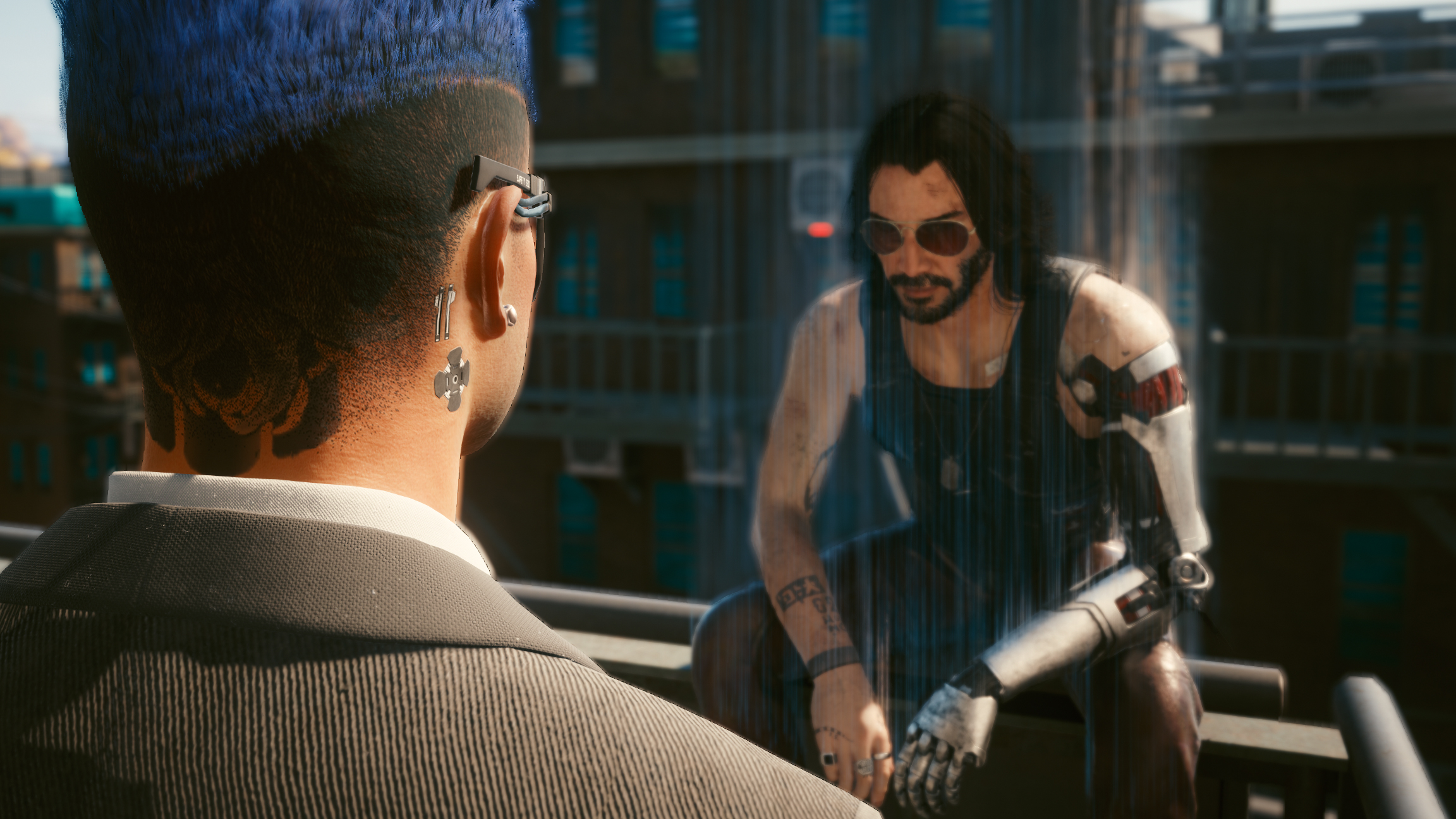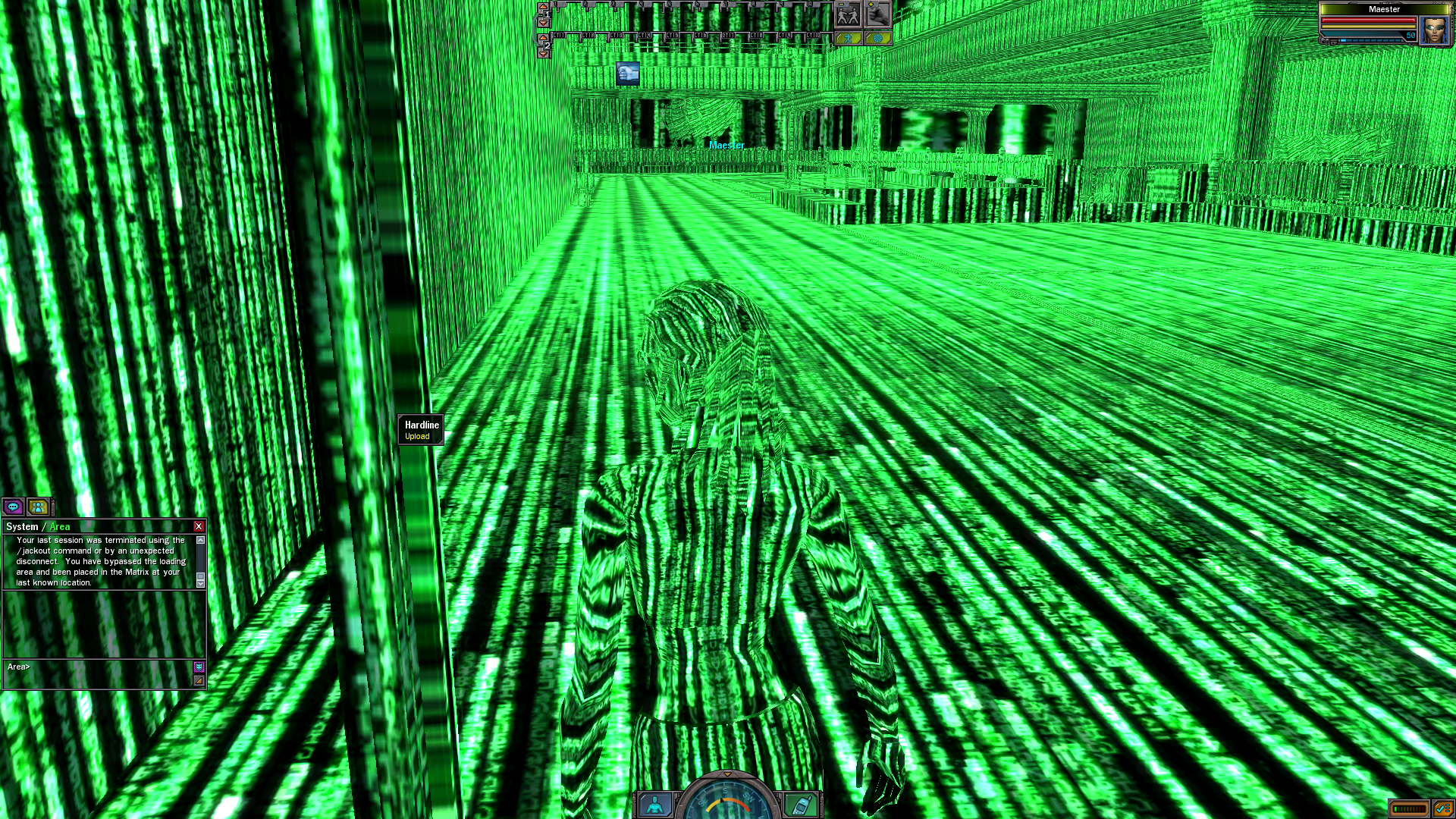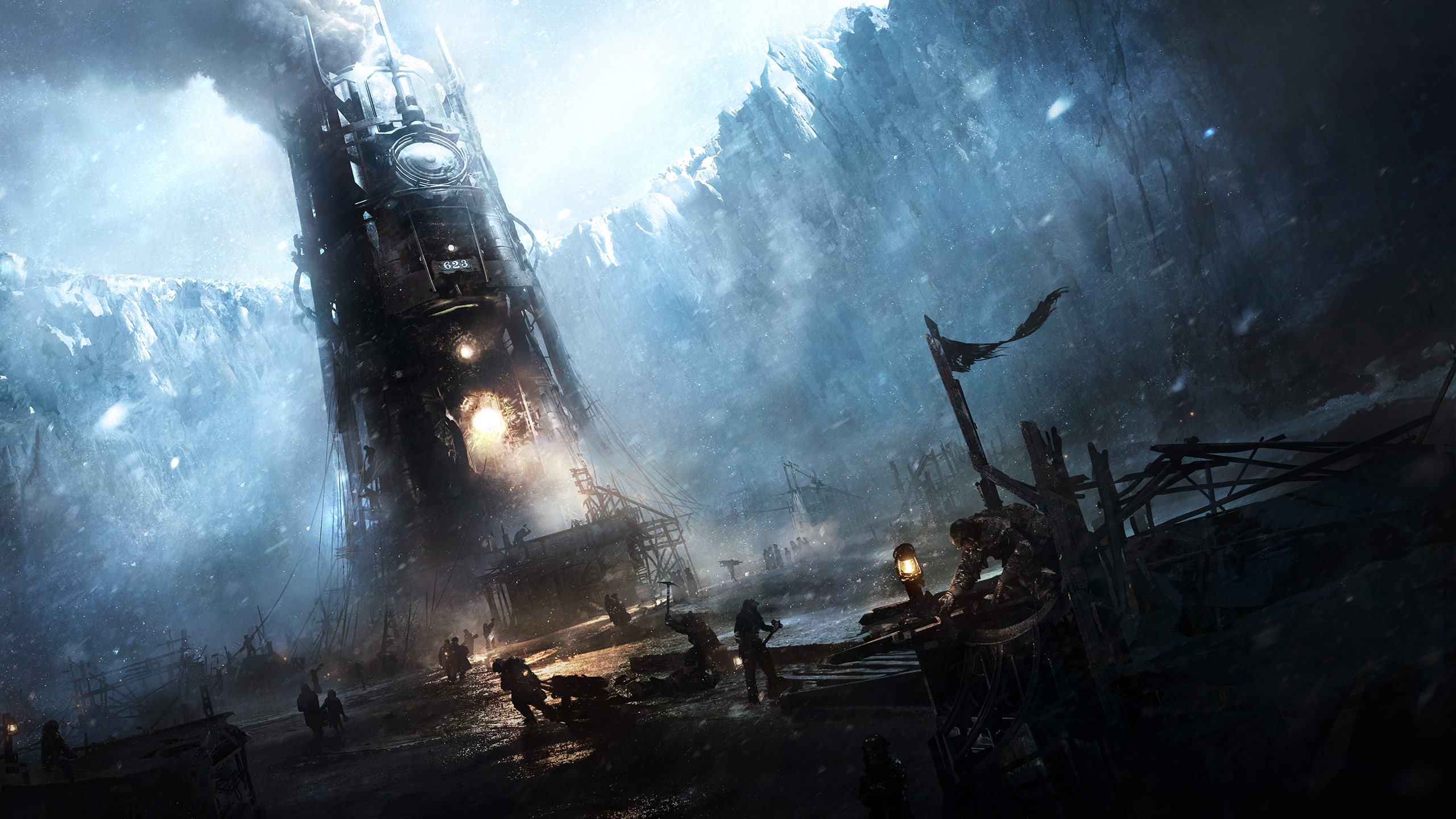Enough with the cyberpunk aesthetic, bring back retrofuturism
There are other ways to speculate on philosophy and ethics than just slapping neon all over everything.

It's cool and all, and the cyberpunk resurgence must have added something to the world of speculative fiction, but game designers really need to switch things up. We need to find some new ways to present the big ethical quandaries of today, because rehashing an '80s cliche isn't doing any justice to the true essence of cyberpunk.
I think it's time to explore the alternate timelines of retrofuturism again.
Just to be clear, cyberpunk doesn't count as retrofuturism. With it having been around long enough now, it's often lumped in with retrofuturism since technically it's an aesthetic concerned with designs that were futuristic in an earlier era. But it was never retrofuturism to begin with. It's an '80s nostalgia trend, and I think it's run its course.
In the words of sci-fi and fantasy novelist, Brandon Sanderson, "The purpose of a storyteller is not to tell you how to think, but to give you questions to think upon." In this way, cyberpunk falls neatly into the category of speculative fiction—whether through words, or visuals, it's a way for storytellers to explore poignant questions about life, the universe, and everything.
Retrofuturism is also a form of speculative fiction, which tackles the worries of our ancestors by looking at the future through their eyes. And there are so many eras to chose from. So why do we keep going back to the '80s?
Born of the experimental New Wave sci-fi movement of the '60s and '70s, the cyberpunk aesthetic grew popular in the '80s, delivering your average consumer into a technologically-fuelled muddle of hypothetical questions with every new piece of media consumed. But today, the primary focus seems to have shifted toward oversaturated neon visuals, rather than treating cyberpunk primarily as a vehicle for posing moral and philosophical dilemmas.
We've milked the cyberpunk cow to the bone, and we're still desperate for more.
Keep up to date with the most important stories and the best deals, as picked by the PC Gamer team.

In its recent resurgence, games like The Ascent, Ghostrunner, and Cyberpunk 2077 are still clinging to questions like "What cultural impact would widespread human augmentation have?", mostly with regards to how good it will make them go shooty shooty, bang bang. That and, um, "What if AI?"
With the Torment Nexus growing steadily around us, it's no wonder the general public is nostalgic for somewhat dystopian visions of the future, but therein lies my main issue. The questions cyberpunk focusses on are either too close to reality for comfort, or they're being debated in parliament as we speak. That means cyberpunk has turned from speculative fiction into a political yawnfest, asking the same questions over and over like a broken record.
It's all a bit mainstream, and not very punk at all.
Don't get me wrong, I've been a sucker for neon lights, cybernetic implants, and leather jackets ever since the Matrix wormed its way onto my television set. Headbanging along to Rage Against the Machine's "Wake Up" as the credits rolled, I could think of nothing more than acquiring a pair of shades and hacking myself out of existence. That would really stick it to the man.

But back then I wasn't asking questions about the universe at large, or our place within it. I just wanted to (ironically, considering the -punk suffix) conform to what I saw as a super badass style. Now that I'm older, I do want to ask the important questions, but the games industry seems intent on shoehorning them in as an afterthought.
At this point I'm just really tired of how we're approaching it.
I want to see more games that don't just tackle AI as a spooky concept that could lead to our eventual demise, but go right back to the foundations of human nature. Let's consider thought as a whole, or pick apart the very fabric of the universe while we're idly twiddling our thumbsticks. After all, what else is left to ponder once AI takes over our jobs?
Retrofuturism is our friend, here. There are countless visions of the future from past eras that we can base game worlds around to give them that speculative twang.

Let's see some game studios grapple morality with a deep dive into alternate world lines, like the 1800s-based Frostpunk which imagines the coming of a great apocalyptic frost during the industrial revolution. Maybe it's time to revisit freewill and determinism with some Art Deco-inspired seapunk shenanigans, like in BioShock? Or perhaps something akin to the the horrors of a drug-controlled, post-WW2 population like that of We Happy Few.
Notice none of these involve questions about AI, but you can bet your butt there are ways to tackle that elephant-in-the-room more abstractly.
Essentially, I'm calling for a shift from "Do androids dream of electric sheep?" to asking what even is a dream, man. Or at least for someone to come up with a new goddamn aesthetic if we're going to continue to tackle the now very real issues sci-fi writers have been warning us about for years.

Screw sports, Katie would rather watch Intel, AMD and Nvidia go at it. Having been obsessed with computers and graphics for three long decades, she took Game Art and Design up to Masters level at uni, and has been rambling about games, tech and science—rather sarcastically—for four years since. She can be found admiring technological advancements, scrambling for scintillating Raspberry Pi projects, preaching cybersecurity awareness, sighing over semiconductors, and gawping at the latest GPU upgrades. Right now she's waiting patiently for her chance to upload her consciousness into the cloud.

